
Wolves, majestic and enigmatic, have captured human imagination for centuries. Their raw power, intelligence, and social structure make them fascinating, but they are far from suitable as household pets. While many people romanticize the idea of having a wolf as a companion, science strongly discourages this notion. Domestication has drastically transformed dogs into human-friendly creatures, a stark contrast to their wild ancestors. Let’s explore the reasons why keeping a wolf as a pet is impractical and potentially dangerous.
1. Wolves Remain Wild, Even When Hand-Reared

Hand-rearing wolf puppies with intensive human care does not make them domesticated. Studies have shown that wolves raised from infancy remain wild and wary of humans, unlike dog puppies that naturally bond with people. Despite constant attention, hand-reared wolves are inherently distrustful of strangers and avoid human interaction. This wild nature stems from thousands of years of evolution, which shaped wolves to survive independently in the wild, not as human companions.
2. Wolves Lack Human Communication Skills
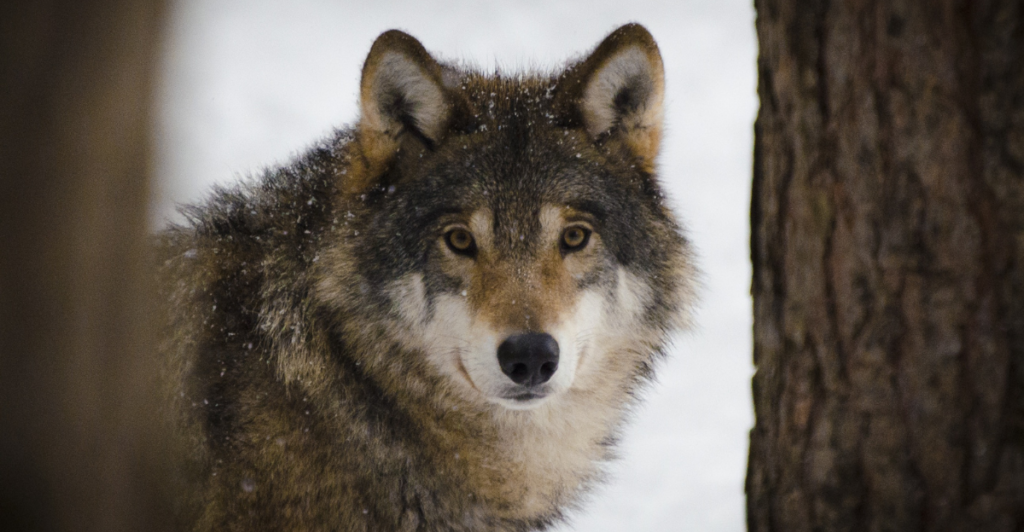
Unlike dogs, wolves struggle to understand human gestures and cues. Research comparing wolf and dog puppies revealed that dogs instinctively follow human gaze and pointing, while wolves do not. Even when raised with extensive human contact, wolf puppies fail to comprehend simple tasks, such as locating food through human gestures. This inability to communicate effectively with humans is a critical reason why wolves cannot integrate into domestic life.
3. Wolves Are Naturally Wary of Humans

Wolves are inherently cautious and avoid human interaction, even when socialized from a young age. In controlled studies, wolf puppies were 30 times less likely than dog puppies to approach a stranger. While dogs naturally seek human companionship, wolves retreat to safety, driven by instincts that prioritize self-preservation. This fundamental difference in behavior makes wolves unsuitable for the close bond that defines the human-pet relationship.
4. Wolves Are Not Domesticated Animals
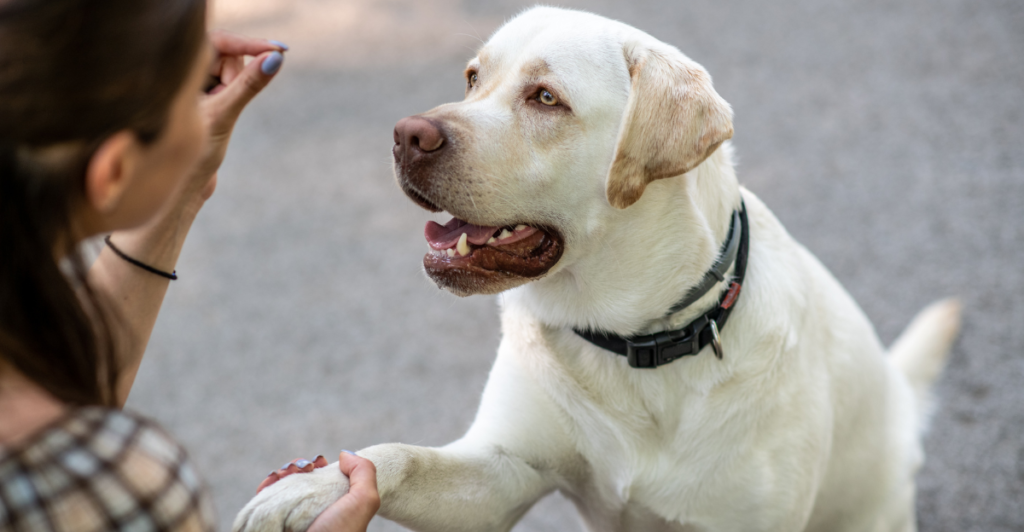
Domestication is a process that takes thousands of years, altering not only an animal’s physical traits but also its cognitive and social behaviors. Dogs, domesticated over tens of thousands of years, developed traits that make them compatible with humans. Wolves, on the other hand, remain wild animals with instincts and behaviors unsuited for domesticated living. Attempting to keep a wolf as a pet ignores the vast evolutionary gap between wolves and dogs.
5. Wolves Pose a Danger to Humans

A wolf’s natural predatory instincts make it a potential danger to humans. Wolves are powerful, territorial, and less likely to submit to human authority. While dog breeds can exhibit aggression, they have been bred for compatibility with humans. Wolves lack this selective breeding history, increasing the risk of unpredictable and potentially harmful behavior in a household environment.
6. Wolves Require Complex Social Structures

Wolves are pack animals with intricate social hierarchies. In the wild, their survival depends on cooperation and communication within their pack. Isolating a wolf in a home disrupts this natural dynamic, leading to stress and behavioral issues. Even if kept with other wolves, their needs for space, hunting, and interaction are far beyond what a human household can provide.
7. Wolves Are Not Trainable Like Dogs

Dogs have been selectively bred to follow human commands and adapt to our lifestyle. Wolves, however, lack the genetic predisposition for obedience or training. Attempts to train a wolf are often met with resistance, as their instincts prioritize survival and independence over submission. This makes managing a wolf’s behavior in a domestic setting nearly impossible.
8. Wolves Have Different Dietary Needs
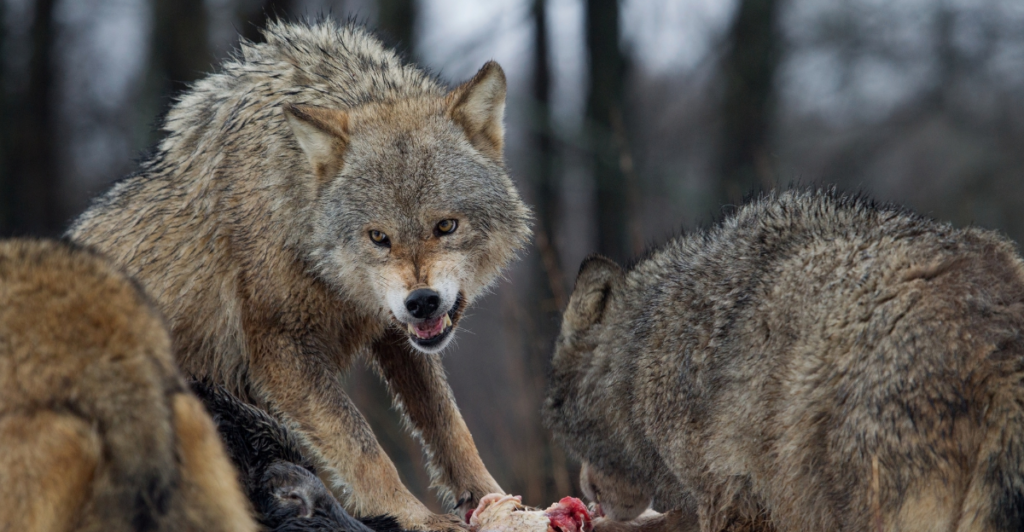
Wolves require a diet that mimics their natural prey, consisting of raw meat, bones, and organs. This is challenging and costly to replicate in a domestic setting. Unlike dogs, wolves are not adapted to digest processed pet food or diets designed for human convenience. Failure to meet their dietary needs can lead to severe health issues, further complicating the prospect of keeping them as pets.
9. Wolves Cannot Form the Same Emotional Bond as Dogs

The bond between humans and dogs is a product of thousands of years of co-evolution. Dogs have developed emotional and social traits that align with human companionship, such as empathy and the ability to read our emotions. Wolves, however, do not possess these traits to the same degree. Even hand-reared wolves maintain a psychological distance, prioritizing their instincts over forming deep emotional connections with humans.
The Evolutionary Gap Between Dogs and Wolves
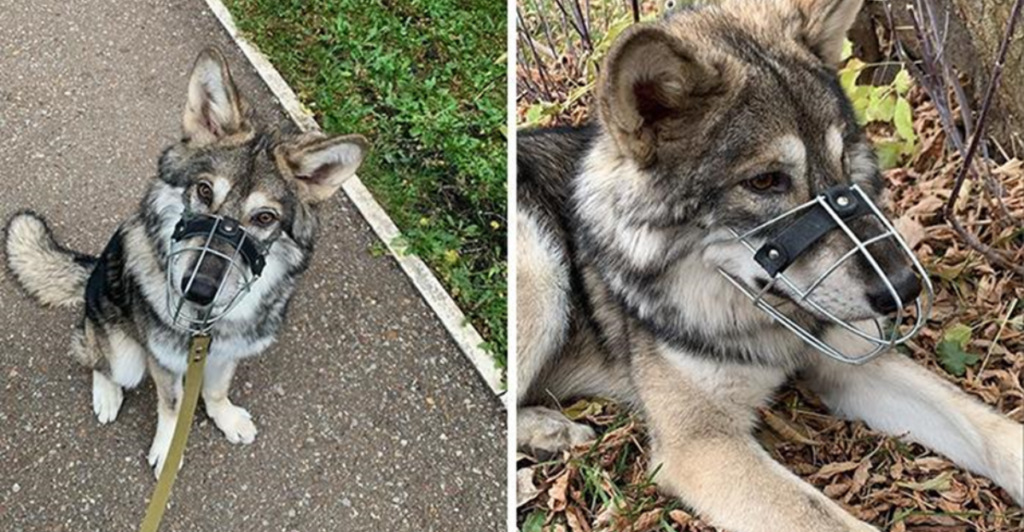
The domestication of dogs is one of humanity’s most remarkable achievements, dating back over 15,000 years. Wolves that exhibited friendliness and curiosity toward humans were gradually integrated into human societies, evolving into the dogs we know today. These evolutionary changes not only altered their appearance but also their social and cognitive behaviors, making dogs uniquely suited for life with humans. Wolves, in contrast, have remained wild and independent, preserving their survival instincts.
Misconceptions About Wolf Hybrids
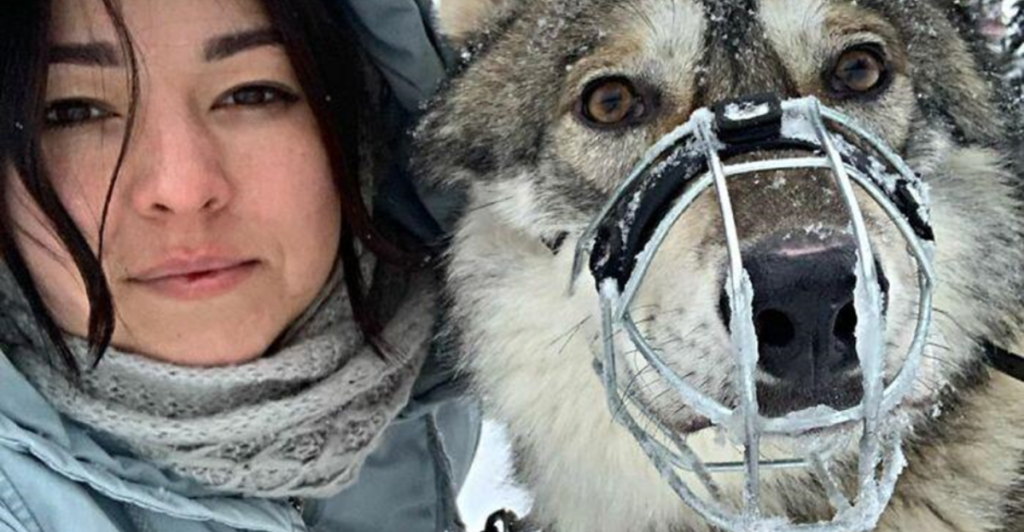
Some people attempt to bridge the gap by keeping wolf-dog hybrids, but these animals are equally unsuitable as pets. Hybrids retain many of the wolf’s wild instincts, including aggression, wariness, and complex social needs. While they may inherit some dog-like traits, they remain unpredictable and challenging to manage, presenting similar risks to those of pure wolves.
Admire Wolves From Afar
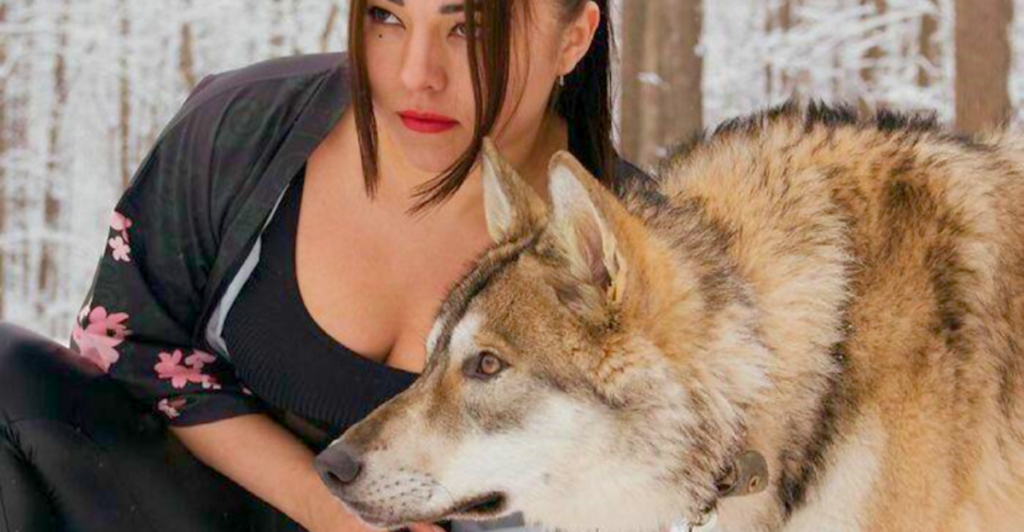
Wolves are extraordinary creatures deserving of our respect and admiration. Their intelligence, social structure, and wild nature make them awe-inspiring, but they are not meant to live alongside humans. Attempts to domesticate or tame wolves ignore their intrinsic needs and instincts, often leading to harm for both the animal and the owner. If you’re captivated by wolves, consider supporting conservation efforts or visiting wildlife sanctuaries, where these magnificent animals can thrive in their natural environment.
References:
Study Shows Why You Can’t Have Wolves as Pets
8 Differences Between Dogs and Wolves
The REAL Difference Between Wolves and Dogs
Stay connected with us for more stories like this! Follow us to get the latest updates or hit the Follow button at the top of this article, and let us know what you think by leaving your feedback below. We’d love to hear from you!







